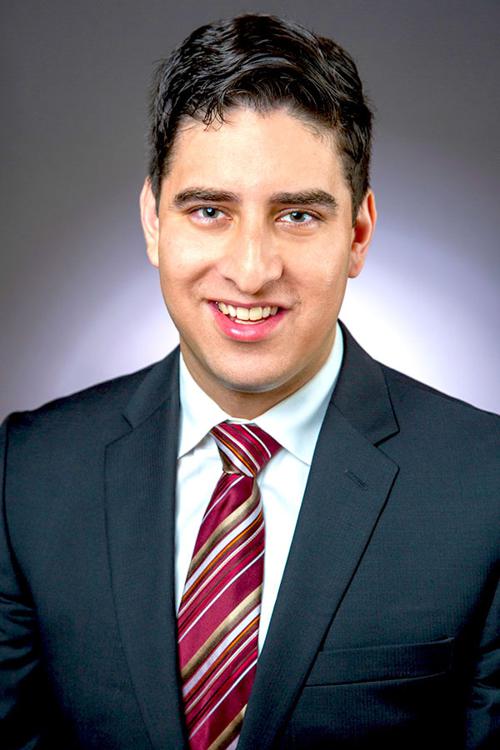Heart disease affects both men and women, but many still believe it is primarily a concern for men. However, women are equally at risk for heart disease, including heart failure, which is often overlooked. In fact, heart disease causes more deaths in women each year than all types of cancer combined, including breast cancer.
Heart disease encompasses various conditions and one of the most serious is heart failure. In this blog, we will explore the signs of heart failure in women, how it differs from men’s symptoms and what you should look for to protect your heart health.
What is heart failure?
Despite its name, heart failure doesn’t mean the heart stops working immediately. Instead, heart failure is a progressive condition where the heart’s ability to pump blood effectively or relax to receive blood becomes compromised over time. This can result from underlying issues like high blood pressure, arrhythmias (irregular heartbeats), coronary artery disease (blockages in the heart’s blood vessels), or cardiomyopathy (a condition that affects the heart muscle).
As heart failure progresses, the heart struggles to pump blood, leading to symptoms like fatigue, shortness of breath and fluid retention.
How does heart failure affect women?
Heart attacks can present differently in women. Women often develop heart failure later in life than men and they are more likely to experience heart failure related to specific risk factors, such as:
- Chemotherapy medications used to treat breast cancer
- Diabetes
- High blood pressure
- Obesity
- Peripartum cardiomyopathy (a unique heart failure condition associated with pregnancy)
- Stress-induced cardiomyopathy
While coronary artery disease (heart artery blockage) is the most significant risk factor for heart failure in men, women tend to have different risk factors that contribute to heart failure. In addition to risk factors, the type of heart failure affecting women can be different than men. Two studies published in the early 2000s found that heart failure with preserved ejection fraction was diagnosed more often in women than men.
So what does that mean? Heart failure with preserved ejection fraction, also called diastolic heart failure, is a type of heart failure that occurs when the heart can still pump effectively but is unable to relax efficiently to allow the blood back into the heart from the organs. This happens when the muscle in the left ventricle (the primary pumping chamber of the heart) stiffens and it increases pressure inside the heart. This type of heart failure is treated differently than the types of heart failure that impact the pumping function of the heart.
What symptoms of heart failure should women watch for?
Knowing the first symptoms of heart failure in women is critical for early detection and management. If you notice any of the following signs of heart failure, especially after menopause, it’s important to consult your doctor:
- Fatigue
- Fluid buildup (edema) in the abdomen, feet and ankles
- Loss of appetite
- Persistent cough
- Rapid heart rate
- Shortness of breath
If you experience these symptoms, it’s essential to see a healthcare provider. They can help identify the underlying cause and refer you to a cardiology heart failure specialist if needed.
How can you protect your heart from heart failure?
Preventing heart failure begins with adopting healthy lifestyle habits. Regular exercise, a diet rich in fruits and vegetables, avoiding smoking and ensuring adequate sleep are vital in protecting your heart. Staying aware of potential heart failure symptoms in women can also help you seek timely care and avoid complications.
Advanced Care for Heart Failure at Georgia Heart Institute
At Georgia Heart Institute we understand the unique challenges women face regarding their heart health. The Women’s Heart Center is dedicated to providing specialized care for women at every stage of life.
If you or a loved one is experiencing heart failure, Georgia Heart Institute’s Heart Failure Treatment & Recovery Center offers comprehensive, personalized care. Our team uses advanced technology and clinical trials to manage heart failure symptoms, improving quality of life for our patients.
Vikram Raje, DO, FACC, FSCAI, is the current director of Georgia Heart Institute’s Heart Failure Treatment & Recovery Center.



